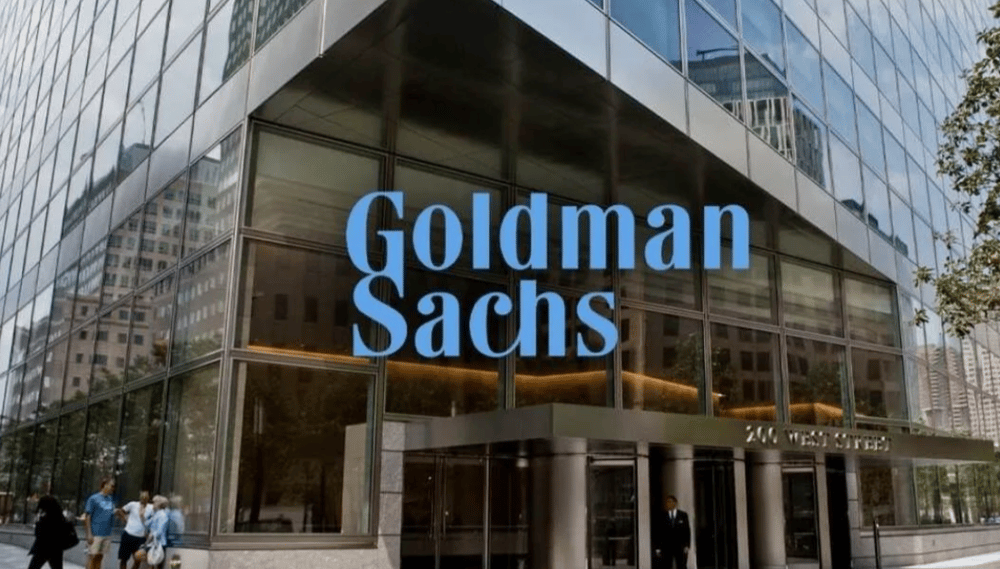Goldman Sachs Forecast Decrease in Oil Prices Amid Economic and Geopolitical Challenges

As the year draws to a close, Goldman Sachs anticipates a decline in oil prices driven by growing economic risks and increased oil supply from OPEC+. With mounting tensions on the global stage and an elevated risk of recession, the bank’s analysts are closely monitoring the dynamics of energy markets.
Short- and Long-Term Outlook
Goldman Sachs suggests that the global energy market may face new challenges in the coming years. The bank's specific expectations for oil prices are as follows:
1. Oil Prices in 2025
- Brent crude is projected to average around $63 per barrel.
- WTI is expected to decrease to $59 per barrel by the end of 2025.
2. Oil Prices in 2026
- Brent is anticipated to average $58 per barrel.
- WTI is predicted to reach $55 per barrel.
Factors Influencing the Decline
Analysts highlight several key factors that may pressure oil prices downward:
- Recession risks: A potential economic slowdown could significantly dampen oil demand.
- Increased supply: OPEC+ activities and their production strategy may lead to an oversupply in the market.
- Trade tensions: Escalating trade conflicts, particularly between major players like the U.S. and China, could have a depressing effect on global markets.

Potential Scenarios for Oil Demand
Goldman Sachs also cautiously outlines potential scenarios for future oil demand, presenting multiple possibilities for its evolution:
- Moderate growth: Due to weak economic growth, overall oil demand may increase by only 300,000 barrels per day from the end of last year to the end of 2025.
- Impact of trade conflicts: By the fourth quarter of 2026, global demand growth could shrink by 900,000 barrels due to prolonged trade tensions, according to bank forecasts.
Impact on Companies and Indices
The potential decline in oil prices may significantly affect oil-producing companies and, consequently, the stock indices dependent on the energy sector’s performance. Major players in the oil market are already scrutinizing Goldman Sachs' data to timely adapt their strategic decisions.
In a climate of global instability, investors continue to explore forecasts from leading analytical centers, waiting for the factors that will prove decisive for the future state of the oil market.


Incorporating forward-thinking investment strategies certainly appears to be a catalyst for expanding capital opportunities in the tech world.